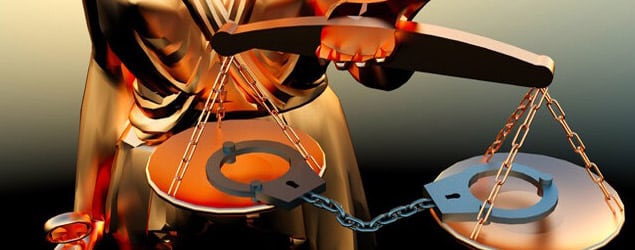When do you start calling it persecution?

Fortune magazine has come out with its list of the World’s Most Admired Companies, virtually all of them household names. Would you like to guess how many of the top 10 most admired companies have, within the past two or three years, been subjected to antitrust enforcement?
The answer is 10 out of 10: Apple (#1), Google (#2), Amazon (#3), Coca-Cola (#4), Starbucks (#5), IBM (#6), Southwest Airlines (#7), Berkshire Hathaway (#8), Walt Disney (#9) and FedEx (#10).
Granted, not all of these encounters ended badly. In more than one case, permission for a merger or acquisition was eventually granted. But my point here is not to assess the overall damage done by antitrust law to American business. Rather, I just want to focus on the incredible reach of these statutes, how they permeate the business world.
If each day’s headlines carried an article about another Fortune 500 CEO accused of murder, it would strike us as unusual. We expect that an occasional Bernie Madoff will be caught running a criminal scheme, but we don’t expect our most admired companies to be routinely hauled before legal authorities.
One of my goals in writing about antitrust is to pierce the complacency with which our society regards these laws. We act as if the nation’s most productive and successful executives should just accept being on the wrong side of the law as part of their lot in life. But why isn’t that more troubling to us than it appears to be? When other classes or groups of people find themselves routinely in conflict with the law, social scientists fall all over themselves to study the phenomenon in search of persecution. Why are businessmen treated differently?
Meanwhile, if I had more time, I’d look into how many of Fortune’s 50 Most Admired Companies have been subjected to antitrust enforcement since from 2011 on. My guess is pretty close to 50 out of 50.



